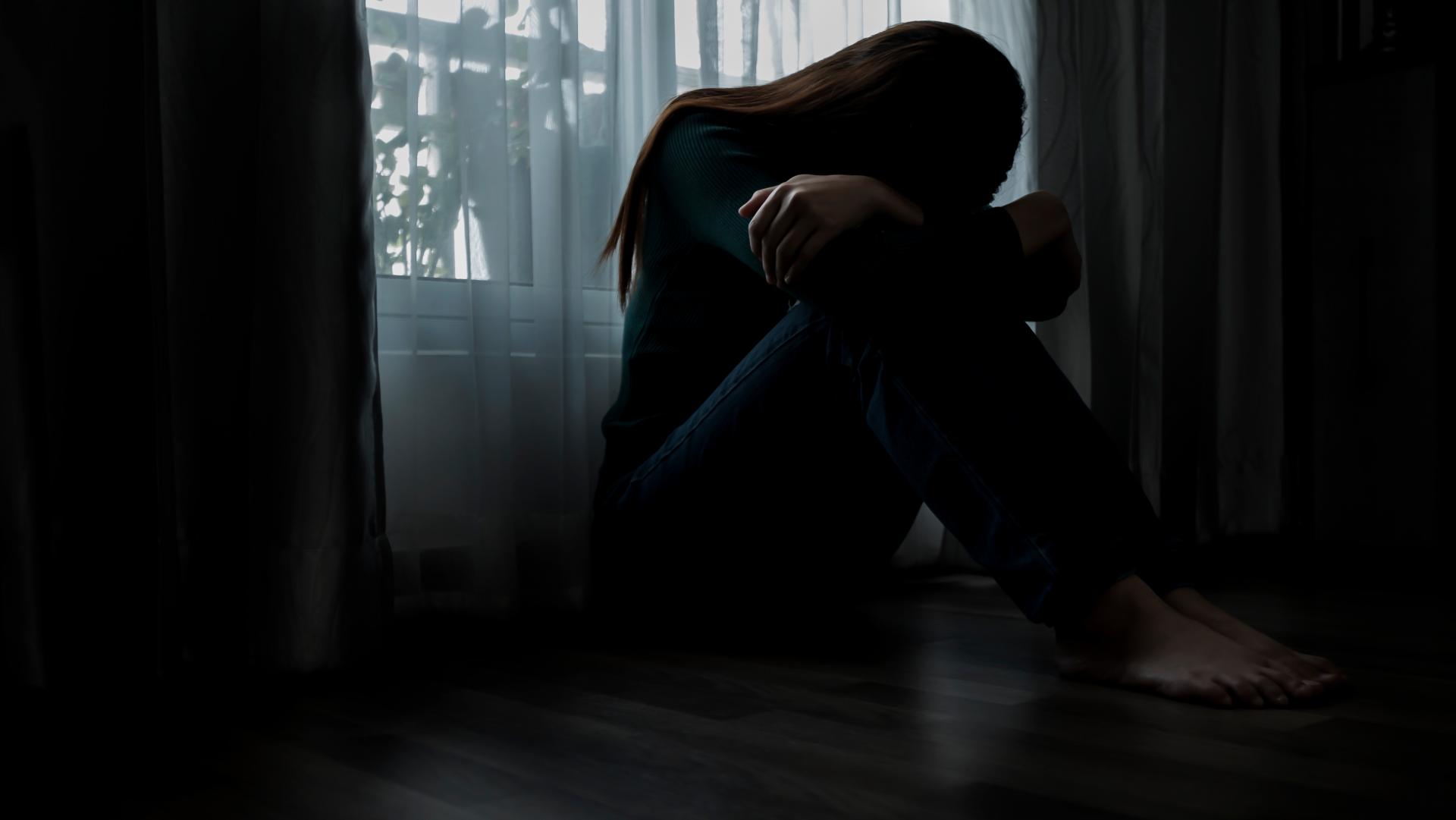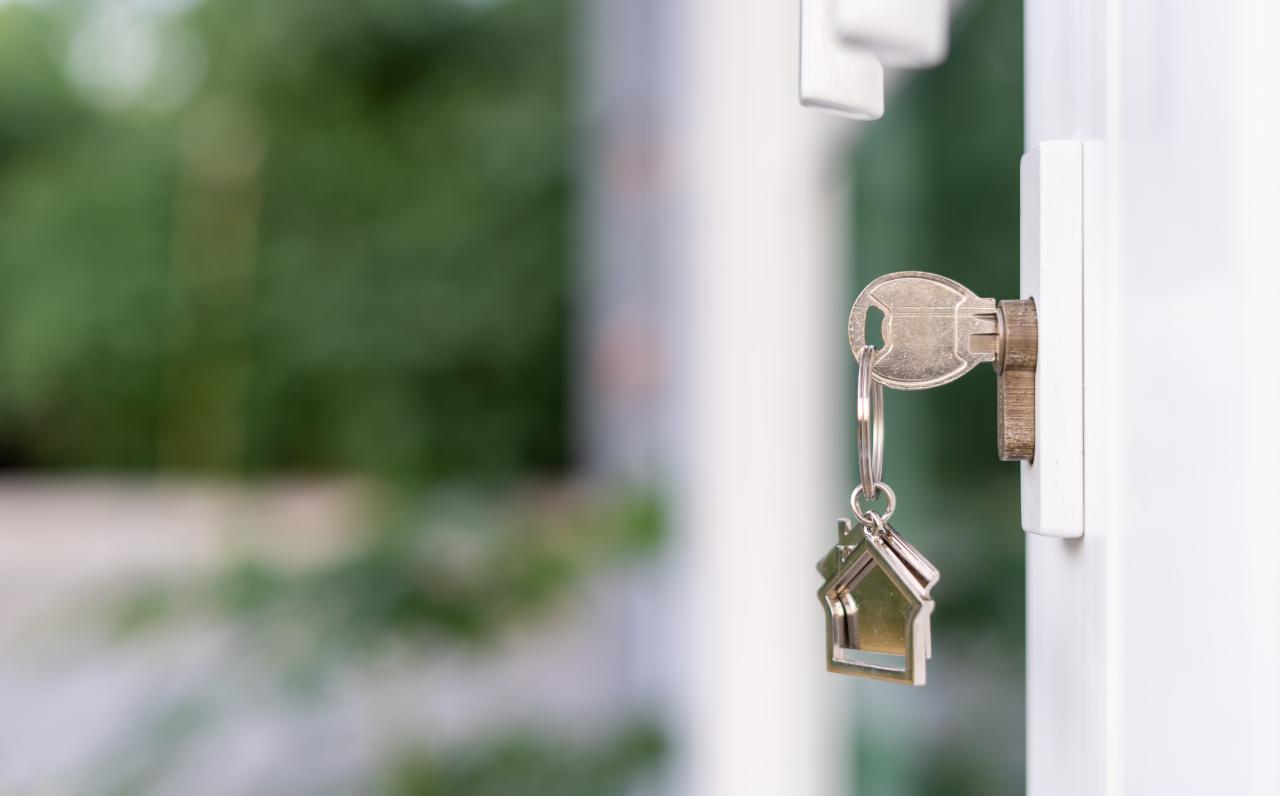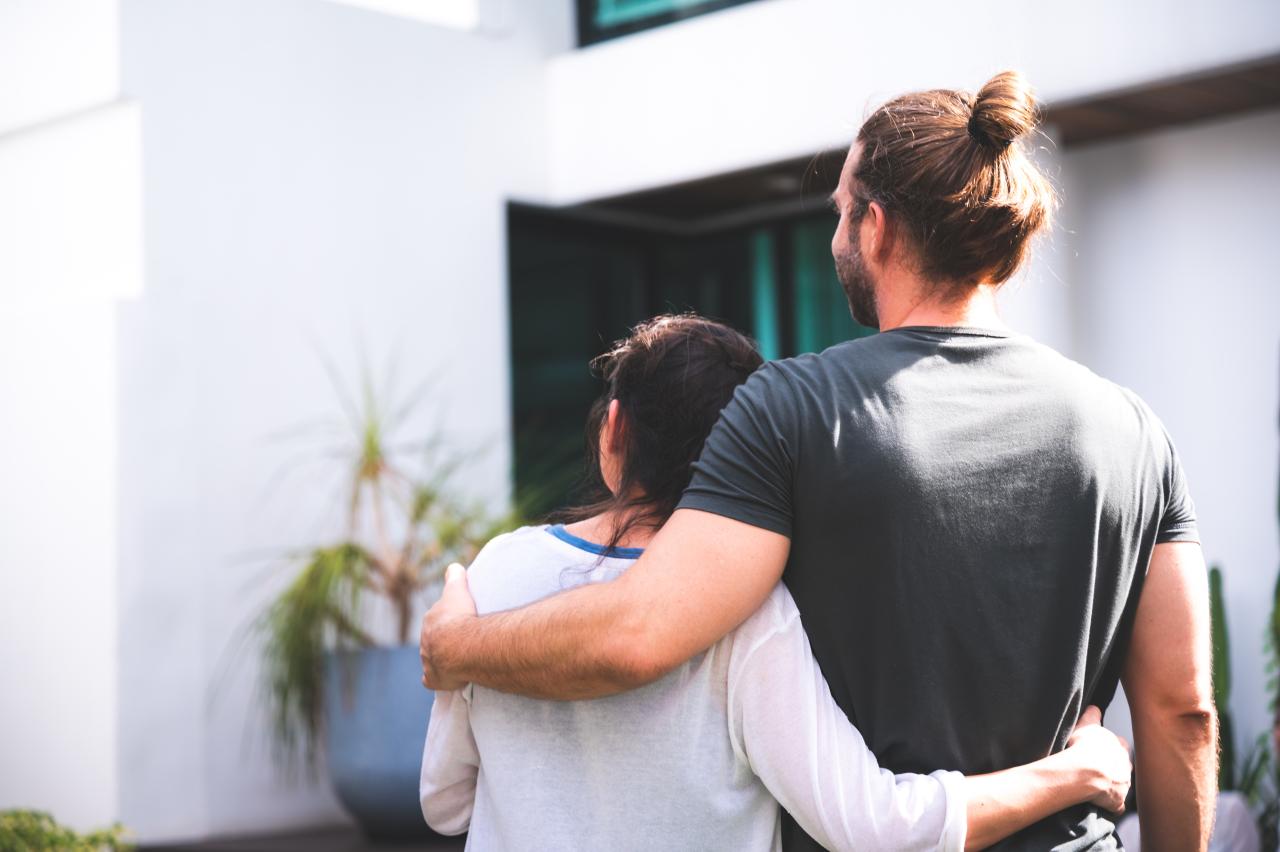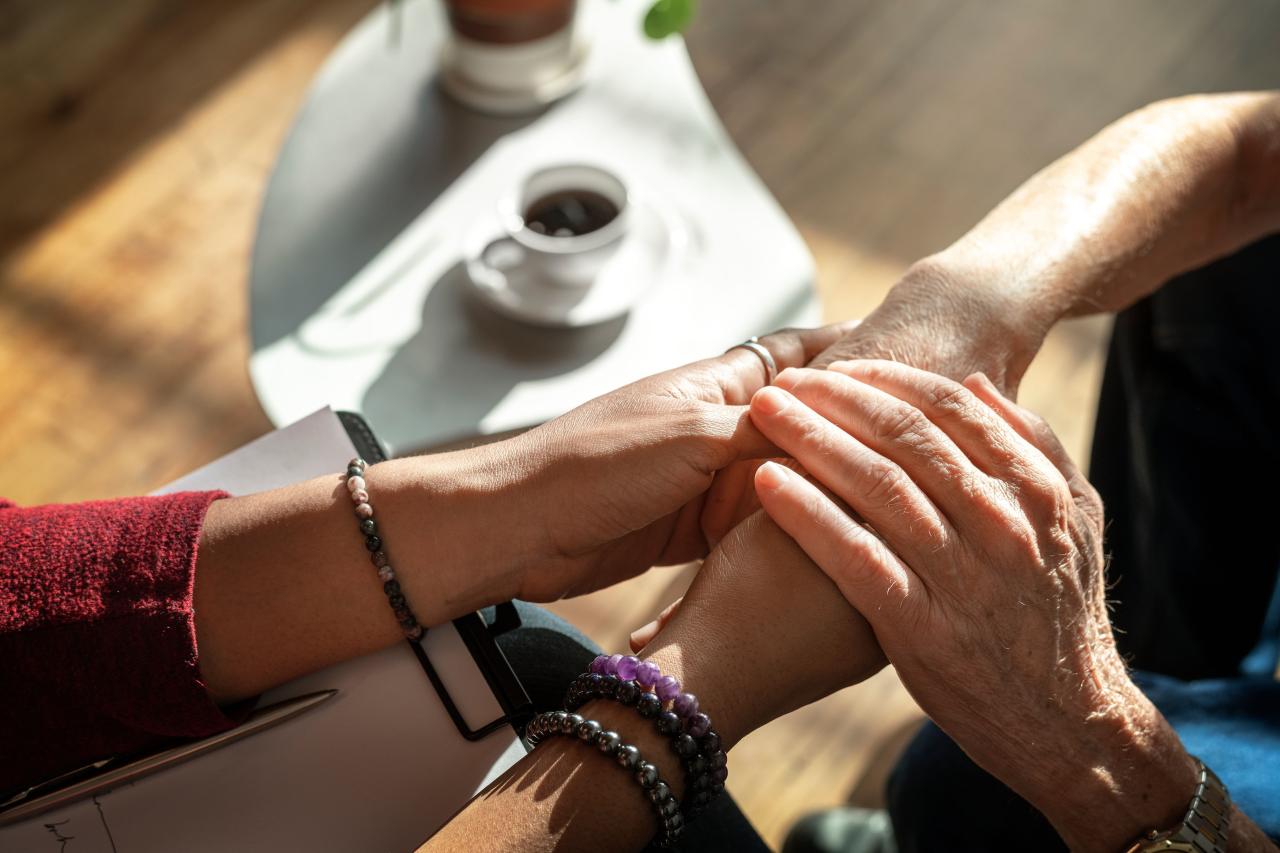Every year, 1 in 5 adult (around 20%) Australians are estimated to experience mental ill health (equating to about 5 million Australians in 2020-21). AIHW data reveals that 4.5 million patients (17.7% of the Australian population) filled a prescription for a mental health-related medication in 2020–21.
In addition, 309,657 people presented with a mental health-related principal diagnosis to a public hospital emergency department in 2020–21, representing 3.5% of all ED presentations. Nationally, the rate of mental health-related ED presentations was 120.6 per 10,000 population, with an average annual change of 1.5% between 2016–17 and 2020–21. The Northern Territory had the highest rate (306.6) and Victoria the lowest (99.4).
In general, the broad definition of mental ill health is that it is a health issue where a person’s ‘cognitive, emotional, or social abilities are diminished but not to the extent that the criteria for a mental illness are met’.
A mental illness has a more serious impact on the individual, being a clinically diagnosable disorder that significantly interferes with an individual’s cognitive, emotional, or social abilities. A mental illness is diagnosed in reference to the classification systems of the Diagnostic and Statistical Manual of Mental Disorders or the International Classification of Diseases, and includes illnesses such as bipolar disorder, depression, schizophrenia, anxiety, eating disorders and personality disorders.
A mental illness can reduce a person’s functioning in different aspects of their life, such as the ability to live independently, maintain friendships and employment, and participate meaningfully in the community.
The impact of mental ill health on an individual’s housing needs
Policy solutions need to take into account how mental health diagnosis affects an individual’s experience with housing, including:
- Mental illness can be cyclic, in that they may reoccur a number of times over months, years or decades
- Mental illness can affect basic abilities required to access and sustain tenancies, such as completing an application form for housing or paying rent/mortgage on time
- can lead to employment instability, which affects ability to access housing
- a person’s capacities for independent living and needs for support can fluctuate and be unpredictable
- people may need support with diverse areas of their life, assistance with coordination of many services may be required
- when a person is unwell they are usually heavily reliant on others to ensure required support is available and coordinated
- Homelessness can lead to mental health disorders: research indicates that while 31 per cent of homeless Australians experience a mental health issue, only 15 per cent had a mental health issue prior to becoming homeless.
For those Australians who experience mental ill health, living in safe, secure and stable housing is an important part of their road to recovery. Determining housing policies for people with mental ill health of course means considering people with a broad range of illnesses that may present at different intensity levels at different times, resulting in quite diverse outcomes.
Housing which fosters meaningful relationships for individuals, both in the home and the community, is associated with improved wellbeing and quality of life, and decreased symptoms and service use. In addition, being in control of one’s housing can deliver positive mental health outcomes through feelings of empowerment and belonging, both of which are associated with greater resilience and ability to cope with stressors among people with severe mental illness. Furthermore, to access needed health services and supports an individual may need a fixed address or stable housing.
On the other hand, not being able to find affordable housing has been found to be detrimental to mental health for lower income householders, while there was no such association for higher income households. Where householders experiencing mental health disorders have been able to access housing which has a stable tenure, they have been able to focus their attention on mental health treatment and rehabilitation.




